Over the past three months, hundreds of schoolgirls in Qom, Tehran, Borujerd, Sari, Ardebil and other Iranian cities have been poisoned. Now, this mysterious rash of poisoning appears to be much more serious than initially thought.
On February 20, Attorney-General Mohammad Jafar Montazeri sent a letter to Qom’s prosecutor saying that the poisonings might be part of a “deliberate criminal act.”
And in a statement he later retracted, Deputy Health Minister Younes Panahi said that "some people wanted all schools, especially girls' schools, to be closed.”
Fatemeh Maghsoudi, representative of Borujerd in parliament, said the poisonings were “undoubtedly deliberate.”
But Islamic Republic officials have yet to take effective action to stop these attacks on girls’ schools and abide to both international and national laws, which require the authorities to protect the lives and health of Iranian citizens.
The poisoning symptoms reportedly included dizziness, nausea, backache, headaches, coughing, breathing difficulties, heart palpitations, severe chest pain, drop in blood's oxygen level and lethargy. Similar attacks on girls’ school had happened in Afghanistan before the Taliban took over the country in 2021 and banned women and girls from education.
Quoting school students in Borujerd, Tehran’s newspaper Ham Mihan reported that something like a “small bomb” was thrown into the school and released a substance that poisoned them.
The symptoms suffered by the students appear in the presence of certain chemical gases that are used in weapons of mass destruction, which are banned by the United Nations.
The students of one targeted school reported that, before being poisoned, they had smelled an odor like “rotten tangerine” and “spearmint,” the same smell as the gases used in chemical bombs. It appears that a weakened form of these gases has been used against schoolgirls.
The US government has accused the Islamic Republic of producing poisonous gases and sanctioned companies said to be involved in their production.
Producing such gases requires special technologies and facilities that only governments have at their disposal. Even if they are used by non-governmental actors, the ultimate responsibility lies with the government that produces these internationally banned substances.
According to the Islamic Republic’s own laws, the continuous use of these gases to deny girls education would equate to terrorism because schoolgirls would be targeted by indiscriminate attacks on a vast scale.
In addition, these attacks could qualify as a “crime against humanity” and the perpetrators could be prosecuted under international law. Given that the targets of these attacks are teenage girls, they could also be prosecuted for gender-based crimes.
At the very least, under the Iranian laws, these poisonings are considered “acts against public safety and health,” which prosecutors are required to investigate, even in the absence of private plaintiffs.
Despite the statement made by Montazeri, no legal action has been taken as of now regarding the attacks on girls’ schools, a clear case of “dereliction of duty” that should also be investigated.
In short, the poisoning of schoolgirls in the past few months is part of a clear, organized and systematic terrorist act whose perpetrators can be prosecuted both inside and outside Iran.
Considering that Iranian girls and women have been targeted in the ongoing government crackdown on more than five months of nationwide protests against the Islamic Republic, the poisonings can also be referred to the fact-finding mission set up by the UN Human Rights Council in November.
The mission is mandated to “collect, consolidate and analyze” evidence of rights violations, “especially with respect to women and children,” linked to the protest movement, and to “preserve evidence” with a view to future prosecution.
visit the accountability section
In this section of Iran Wire, you can contact the officials and launch your campaign for various problems




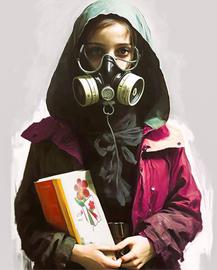
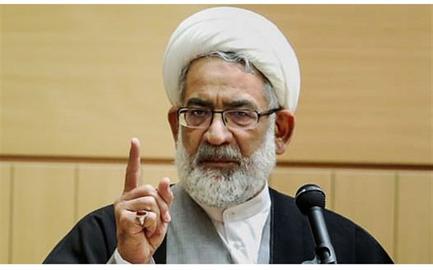

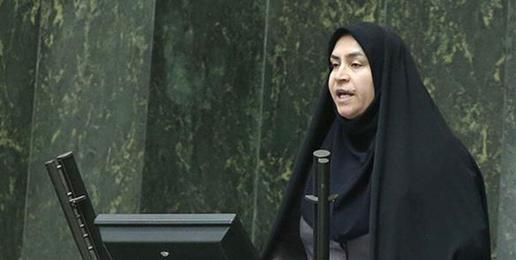





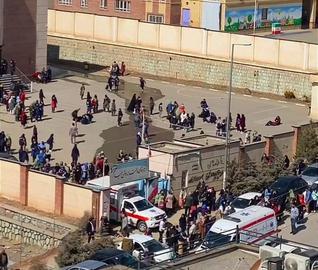
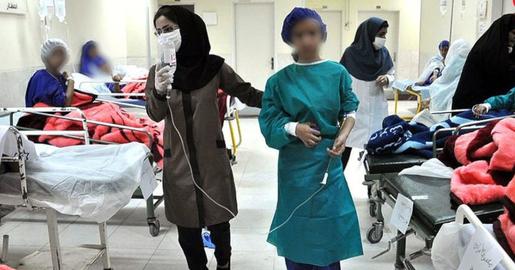
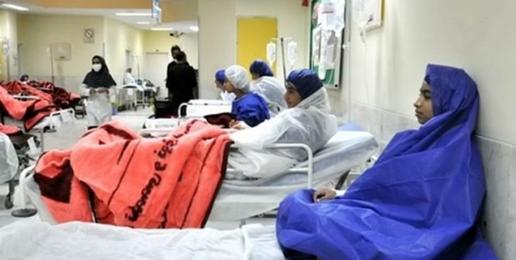









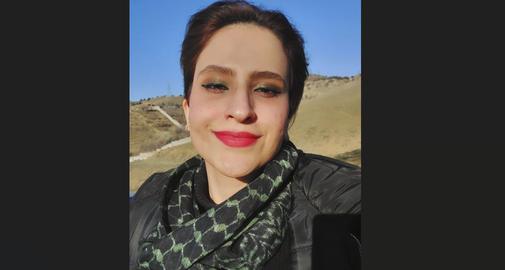
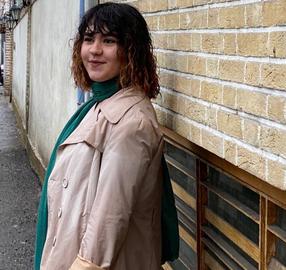


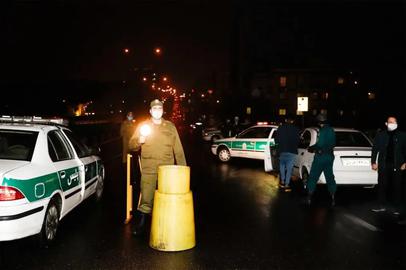
comments